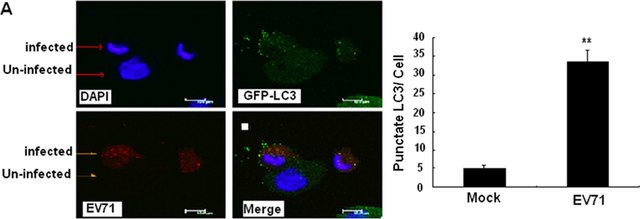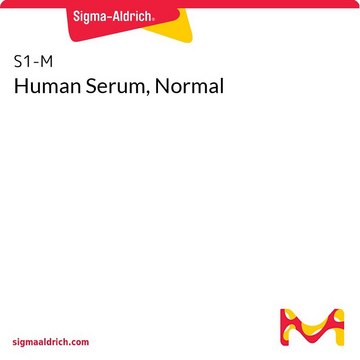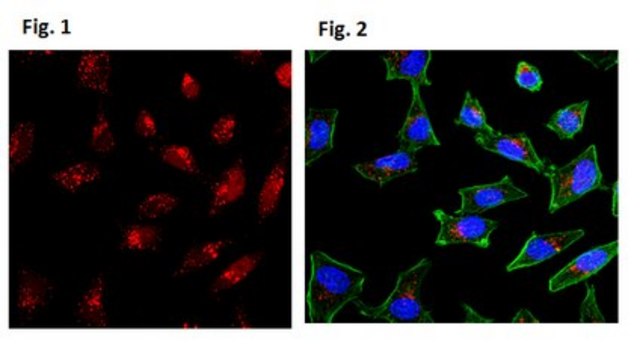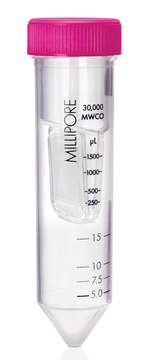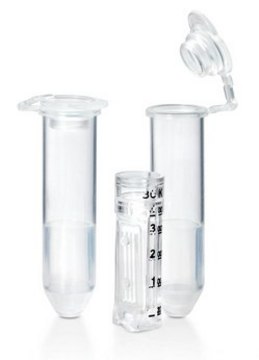SAB1305552
Anti-MAP1LC3A antibody
mouse monoclonal, 166AT1234
Synonym(s):
Autophagy-related protein LC3 A, Autophagy-related ubiquitin-like modifier LC3 A, MAP1 light chain 3-like protein 1, MAP1LC3A, Microtubule-associated proteins 1A/1B light chain 3A
Select a Size
₩791,802
Select a Size
About This Item
₩791,802
Recommended Products
Product Name
MONOCLONAL ANTI-LC3 (APG8) antibody produced in mouse, clone 166AT1234, IgG fraction of antiserum, buffered aqueous solution
biological source
mouse
Quality Level
antibody form
IgG fraction of antiserum
antibody product type
primary antibodies
clone
166AT1234, monoclonal
form
buffered aqueous solution
mol wt
14272 Da
species reactivity
rat, mouse, human
technique(s)
immunofluorescence: 1:25
immunohistochemistry: 1:50-1:100
western blot: 1:1000
Related Categories
1 of 4
This Item | SAB1306617 | SAB1305638 | L8793 |
|---|---|---|---|
| biological source mouse | biological source rabbit | biological source rabbit | biological source rabbit |
| species reactivity rat, mouse, human | species reactivity human, mouse | species reactivity human | species reactivity mouse, human, rat |
| clone 166AT1234, monoclonal | clone polyclonal | clone polyclonal | clone polyclonal |
| antibody form IgG fraction of antiserum | antibody form purified immunoglobulin | antibody form IgG fraction of antiserum | antibody form affinity isolated antibody |
| Gene Information human ... MAP1LC3A(84557) | Gene Information human ... MAP1LC3A(84557) | Gene Information human ... MAP1LC3A(84557) | Gene Information human ... MAP1LC3A(84557) |
| Quality Level 100 | Quality Level 100 | Quality Level 100 | Quality Level 200 |
Physical form
Disclaimer
Not finding the right product?
Try our Product Selector Tool.
Storage Class
10 - Combustible liquids
flash_point_f
Not applicable
flash_point_c
Not applicable
Choose from one of the most recent versions:
Certificates of Analysis (COA)
Don't see the Right Version?
If you require a particular version, you can look up a specific certificate by the Lot or Batch number.
Already Own This Product?
Find documentation for the products that you have recently purchased in the Document Library.
Customers Also Viewed
Our team of scientists has experience in all areas of research including Life Science, Material Science, Chemical Synthesis, Chromatography, Analytical and many others.
Contact Technical Service